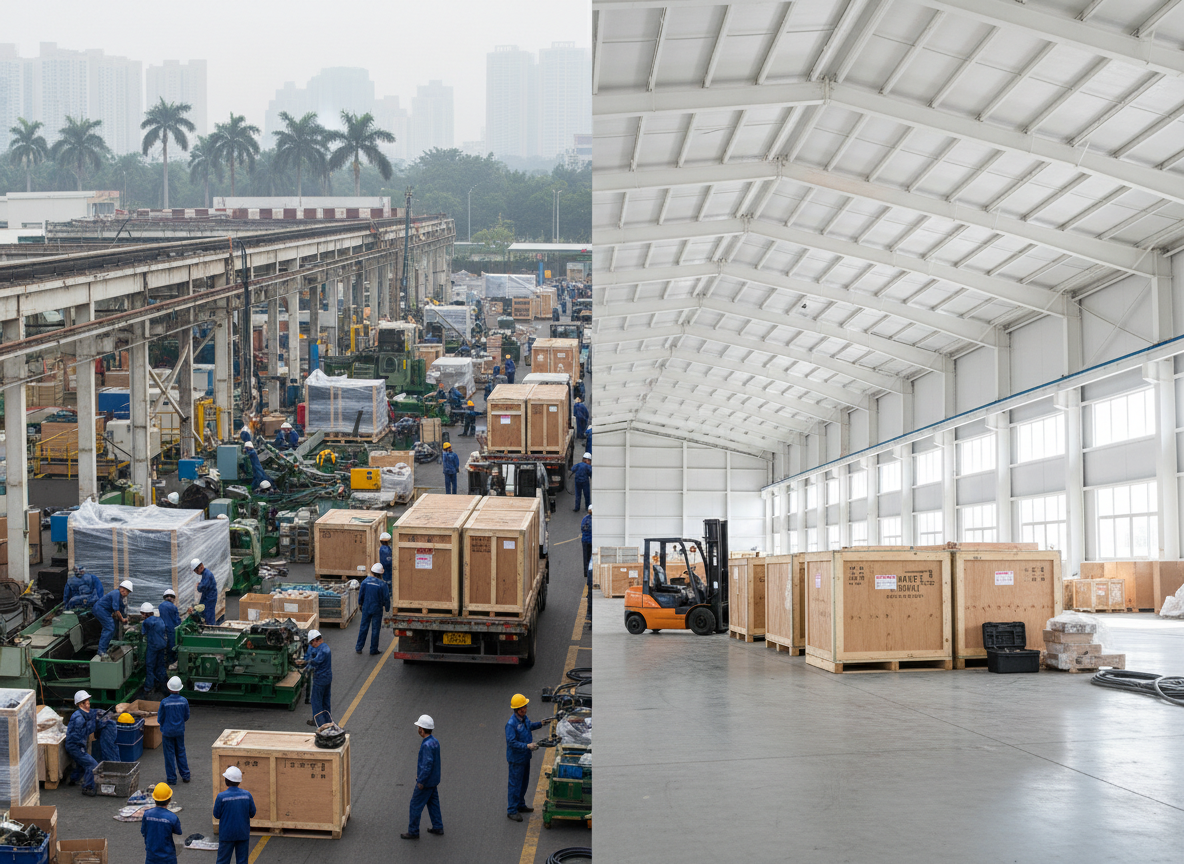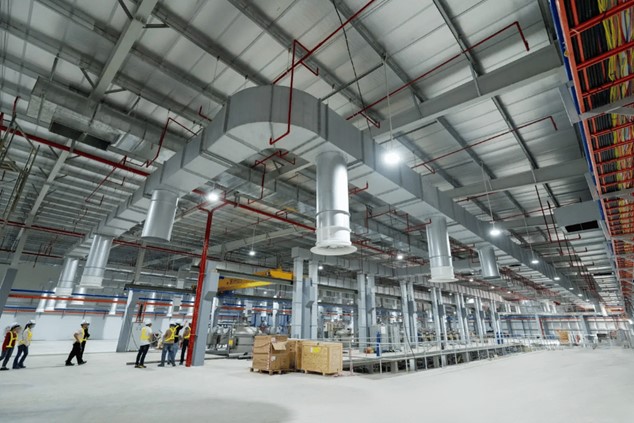AI and 360° Video for Immersive and Efficient Collaboration
There isn’t one true way in which artificial intelligence can empower 360° video technology; instead, there are quite a few use cases for it when it comes to collaboration. What are they?
For instance, one of the benefits of virtual inspections with 360° video technology and AI is that note-making can be seamlessly integrated into the process without wasting extra time. The AI can analyze what is happening, listen to what you say, and record the key information in a separate file for you. Unlike standard video capture, with 360° video a multimodal AI has access to the entire visual context of the space. The AI annotations make collaboration quicker, better, and thus, less expensive.
Another use of AI and 360° tech may be observed when it comes to the impressiveness of remote collaboration. In the post-pandemic era, remote and hybrid work models have become quite popular, and sometimes, they are unavoidable. While they have many advantages, they also have downsides. The combination of these two technologies enables you to mitigate these downsides by providing a remote collaboration experience that is much more similar to physical presence. Thanks to this, the whole collaboration experience will be more engaging, letting you recreate the atmosphere of a site or production facilitywhile working remotely.
Practical Applications of AI and 360° Video
With that introduction behind us, let’s look at the potential of such a technological fusion. Where can you use AI and 360° video?
This will work great in any place where remote collaboration is required. However, some particular applications can extract the most benefits, for instance:

Manufacturing
For manufacturing applications such as continuous improvement or health and safety management, 360° video technology combines with AI to provide dramatic improvements in productivity. Regional and global managers can obtain much greater visibility to production facilities without the expense of physical travel.
By utilizing 360° video, managers can conduct virtual inspections, monitor operations in real time, and collaborate with on-site teams as if they were physically present. AI further enhances this process by analyzing video feeds to detect potential safety hazards, track compliance with standard operating procedures, and identify opportunities for process optimization. These technologies not only reduce travel costs but also enable faster decision-making and more efficient resource allocation, ultimately leading to improved operational performance and a safer, more productive manufacturing environment.

Education and Training
One of the major challenges in corporate training is ensuring consistent access to high-quality learning experiences across all employees, regardless of their location. Geographic barriers can be a significant hurdle for many employees, especially those working in remote or international offices. This is where remote training solutions become essential.
While online collaboration among employees is not new, the integration of AI and 360° video technology elevates the effectiveness of corporate training. AI can enhance the learning experience by providing personalized content, tracking progress, and identifying areas where an employee may need additional support. Meanwhile, 360° video technology allows participants to immerse themselves in training environments as if they were physically present. Together, these technologies create a more inclusive and effective training system, ensuring that all employees, no matter where they are, receive the same level of training and professional development opportunities.
Future of Remote Collaboration - The Takeaway
Both AI and 360° video technology can significantly improve remote collaboration for manufacturing and training. Thus, don’t be afraid to test this pair out—you’ll see the benefits yourself!
You may also read: Comparing Different Types of Immersive Technology for Collaboration








